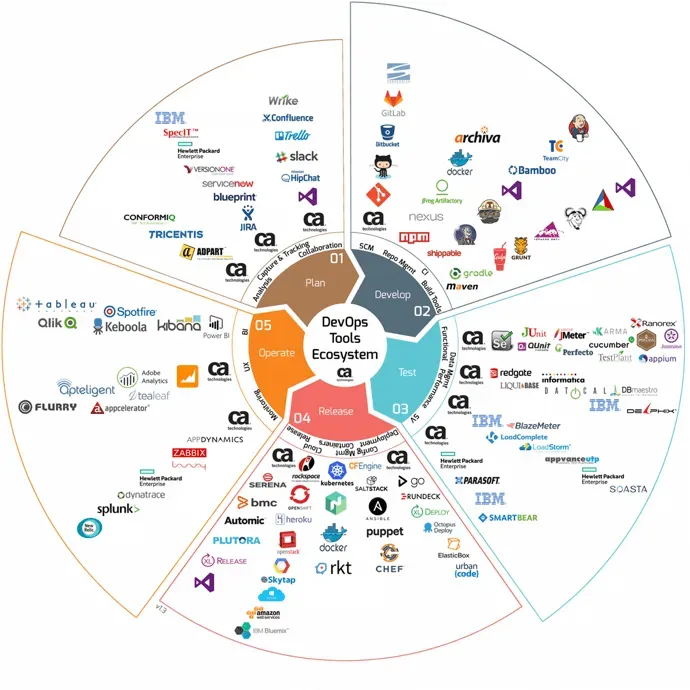Embracing Imperfection: A Crucial Lesson for Beginner Programmers
As a beginner programmer, it’s easy to fall into the trap of thinking that flawless code is the ultimate goal.

As a beginner programmer, it’s easy to fall into the trap of thinking that flawless code is the ultimate goal. You might believe that with enough effort and attention to detail, you can write software free from bugs. However, as any experienced developer will tell you, this is far from reality. Bugs are an inevitable part of the development process, and the sooner you come to grips with this, the better.
Even some of the most respected minds in software development acknowledge this truth. Donald Knuth, the legendary computer scientist known for The Art of Computer Programming , once said, “Beware of bugs in the above code; I have only proved it correct, not tried it.” If Knuth, a pioneer in algorithms, acknowledges the presence of bugs in his work, it’s a clear message that no one is exempt.
The issue isn't just confined to beginners or small projects. Large-scale, mission-critical systems encounter bugs too. Look at the experience of Grace Hopper, one of the earliest programmers. She is credited with finding the first “computer bug”—a literal moth trapped in a computer relay—and she understood that debugging would always be part of a developer's life. This understanding led her to famously remark, “It’s easier to ask for forgiveness than it is to get permission,” implying that developers must be bold and unafraid to experiment, even when mistakes are inevitable.
The takeaway for beginners is clear: expecting perfection from your code will only lead to frustration and burnout. As you learn, you’ll need to adopt a mindset that embraces bugs as learning opportunities. Every bug you encounter is a steppingstone toward a deeper understanding of programming concepts, algorithms, and system behaviors.
To be successful in programming, you must internalize this fact: bugs are not a sign of failure, but a natural part of the process. As Edsger Dijkstra, another giant in the field of computing, aptly stated, “If debugging is the process of removing software bugs, then programming must be the process of putting them in.” Embrace this truth, and you’ll not only become more resilient but also grow into a better, more adaptable developer.
Please remember that no matter how hard you try, your software will contain bugs. The secret to success isn’t in avoiding them entirely but in approaching them with curiosity, patience, and the understanding that each one makes you a better programmer.










